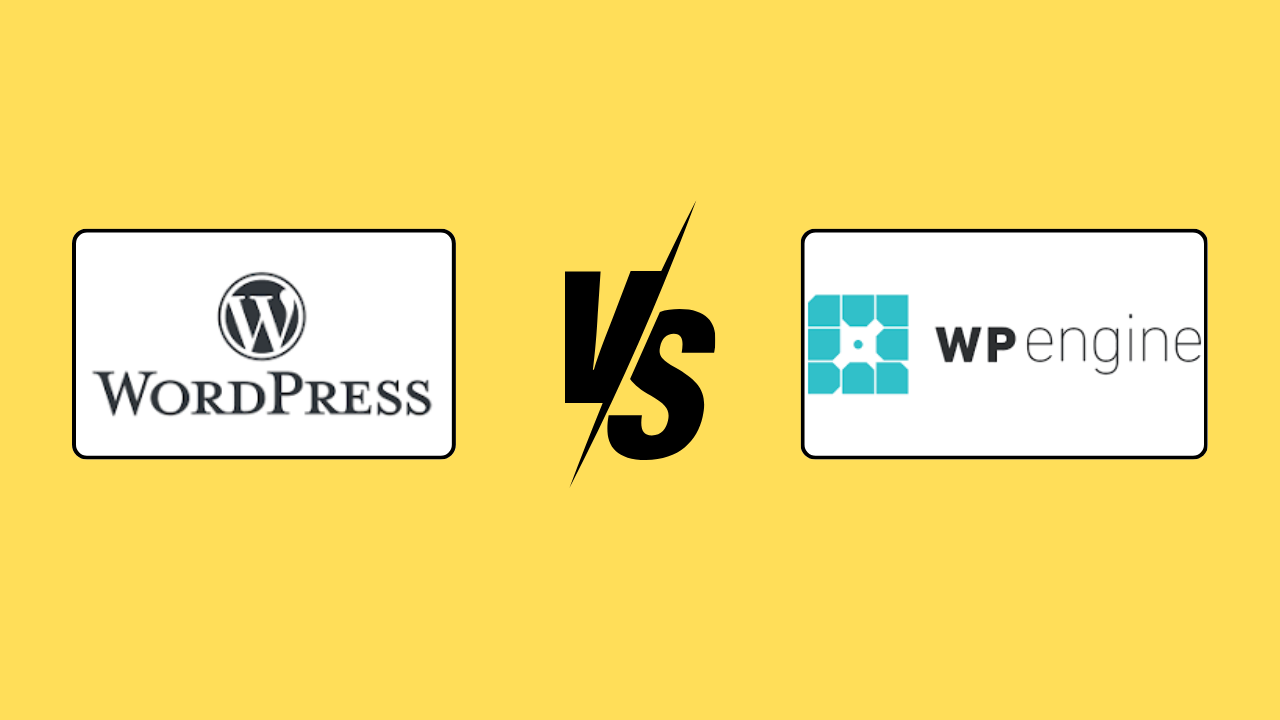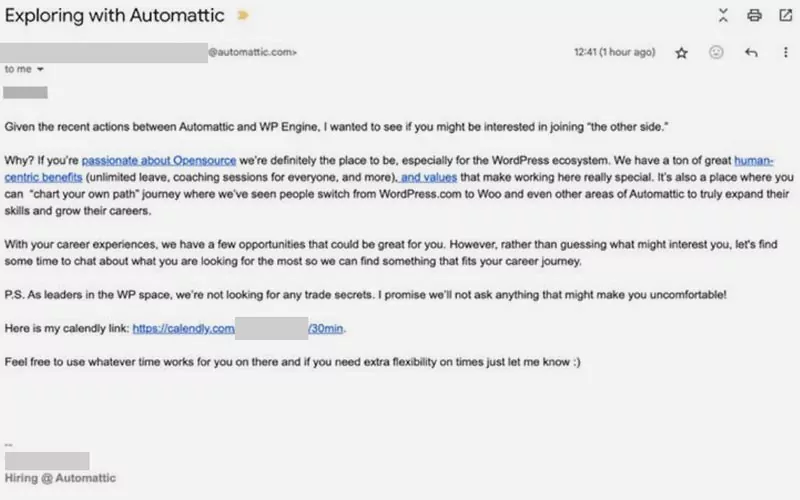
The legal clash between WP Engine (WPE) and Automattic, the company behind WordPress.com, has taken a sharp turn, with WP Engine escalating its federal lawsuit. The updated complaint centers on a controversial website—WP Engine Tracker—which WPE claims exposes customer data, undermines its business, and leaves its clients vulnerable to cybercrime.
Why WP Engine is Taking Legal Action
WP Engine accuses Automattic and its CEO, Matt Mullenweg, of creating and promoting the WP Engine Tracker website, allegedly designed to poach customers and disrupt WPE’s operations. In a statement, a WP Engine representative criticized the site for publishing sensitive customer information without consent:
“Automattic’s wrongful and reckless publication of customer information underscores why we have moved for a preliminary injunction. We look forward to the November 26th hearing on this matter.”
Key Allegations in the Amended Complaint
WP Engine’s lawsuit portrays the dispute as more than a competitive rivalry, describing it as a calculated campaign to harm its business. The amended complaint highlights the following points:
1. WP Engine Tracker Website
The site, hosted on the domain WordPressEngineTracker.com, reportedly encourages WPE customers to switch to Automattic’s services or its affiliated hosting companies like WordPress.com and Pressable. WPE argues this site:
– Displays live statistics of departing customers.
– Shares a downloadable list of WPE-hosted domains, including development and pre-production servers that were never meant to be public.
– Creates vulnerabilities by exposing sensitive customer data, making it susceptible to cyberattacks.
2. Mullenweg’s Statements
WPE’s complaint quotes statements made by Mullenweg, characterizing his actions as part of a self-proclaimed “nuclear war” against WP Engine. An excerpt cited in the lawsuit includes Mullenweg stating:
“We’re at war with [WPE]… we’re going to take every single one of their customers… we estimate tens of thousands have already left.”
3. Employee Poaching Allegations
Beyond targeting customers, WPE claims Automattic has been actively recruiting WPE employees, sowing doubt about WPE’s future and attempting to weaken its internal operations. Evidence includes screenshots of email solicitations sent to WPE employees.
4. Cybersecurity Risks
The lawsuit alleges that by publishing domain details—including those of private, non-public servers—Automattic is jeopardizing WPE customers’ security. These servers are often incomplete environments not intended for public access, making them especially vulnerable to hacking and unauthorized use.
Legal Framework: Laws at Play
WP Engine’s case invokes several federal laws, including:
– The Sherman Act: Addressing monopolistic practices and unfair competition.
– The Lanham Act: Targeting false advertising and trademark-related infractions.
– The Computer Fraud and Abuse Act (CFAA): Alleging unauthorized access and distribution of sensitive data.
The WP Engine Tracker website’s launch, timed closely with Mullenweg’s public condemnation of WPE on September 21, is presented as further evidence of a coordinated attack. WPE claims the site’s sole purpose is to harm its reputation and siphon customers.
Broader Implications for the Tech Industry
This legal battle underscores the high stakes in the competitive hosting and website development space. If WPE’s allegations hold, the case could set a significant precedent for how companies can—and cannot—compete, particularly in industries where customer data and intellectual property are involved.
As the November 26 hearing approaches, the dispute remains a flashpoint in the world of web hosting, pitting two prominent players against each other in a battle of business ethics and legal accountability.

WP Engine Amplifies Legal Battle Against Automattic and Matt Mullenweg




